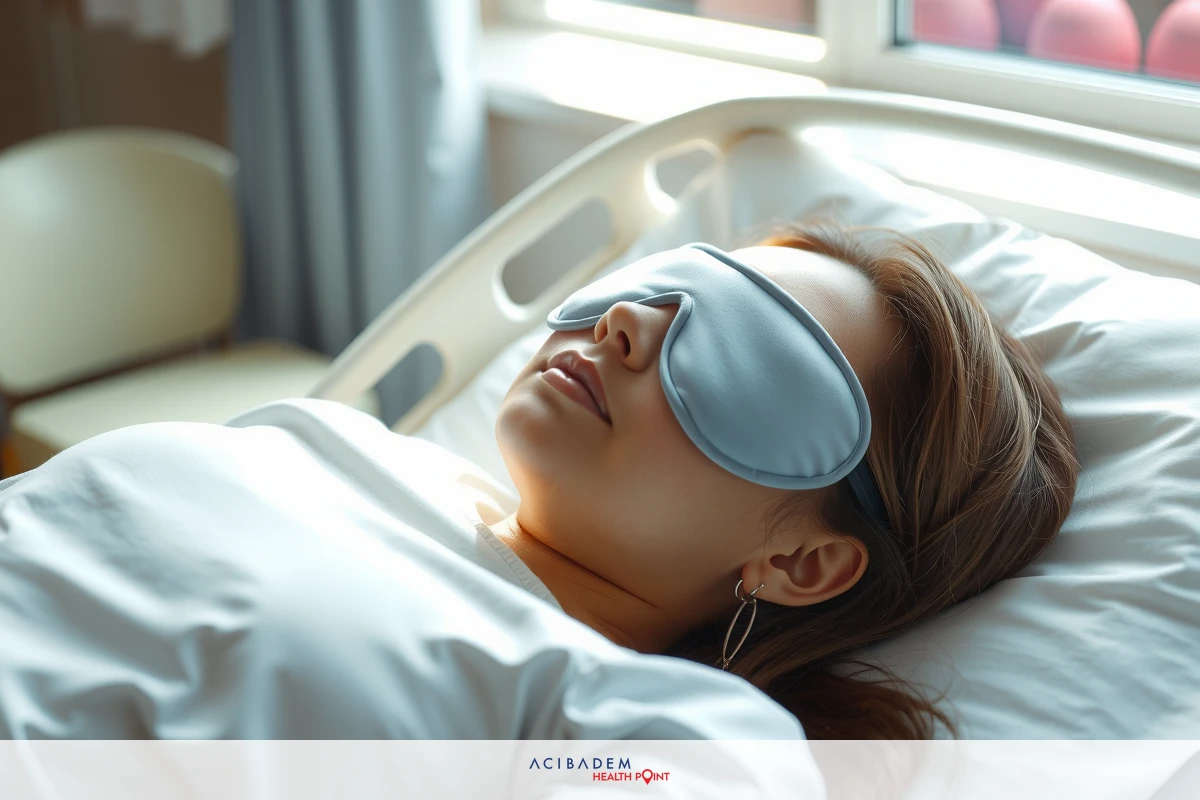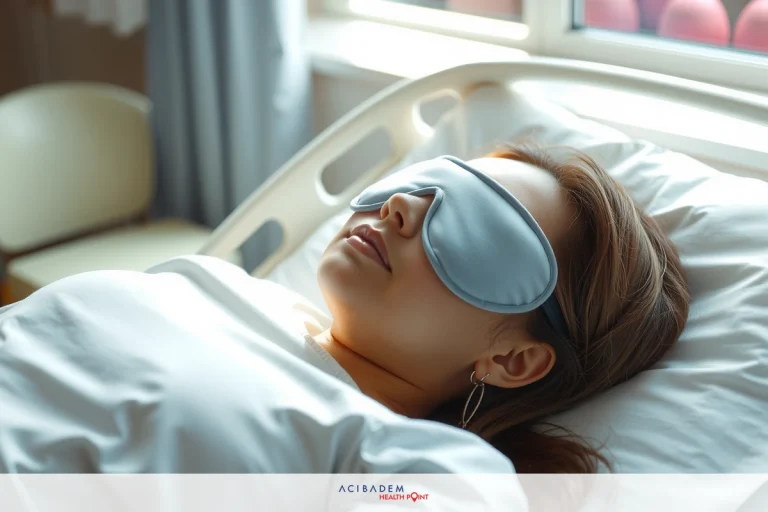Can I Sleep On My Side 2 Weeks after Rhinoplasty
Can I Sleep On My Side 2 Weeks after Rhinoplasty Rhinoplasty is a common form of plastic surgery that can improve the appearance of the nose or correct functional issues. Following this operation, certain precautions must be taken to ensure optimal recovery, including careful attention to sleeping positions.
Sleeping on your side after rhinoplasty might seem like a minor detail, but it plays a crucial role in the healing process. It’s essential to understand how and why your sleep positions can affect your recovery. This article will offer insights into the best sleeping practices post-surgery and provide useful tips for comfortable sleep during this period.
Sleeping on Your Side: Is it Safe?
The question of whether it’s safe to sleep on your side just two weeks after rhinoplasty is a common one. The answer, however, is not straightforward as it depends on several factors including your personal comfort, the specifics of your surgery, and the advice of your doctor. In general, though, it is usually recommended to avoid sleeping on your side for at least four to six weeks after rhinoplasty. This is primarily to protect the nose from accidental bumps or pressure that could disrupt its healing process.
Two weeks post-surgery, your nose is still in a fragile state. It’s essential to maintain an optimal position while sleeping to ensure a smooth recovery. The ideal position during this period is sleeping on your back with your head elevated. This position not only helps to reduce swelling but also minimizes the risk of inadvertently putting pressure on the nose which could lead to complications such as displacement of the nasal bones.
That said, if you’re someone who naturally gravitates towards sleeping on your side, these few weeks might pose some difficulty. However, it’s crucial to remember that this is only temporary and paramount to your rhinoplasty recovery. If you find it challenging to stay on your back throughout the night, consider using supportive pillows around you to help maintain this position and prevent you from turning onto your side in your sleep.
So, while it might seem inconvenient or uncomfortable now, adhering to these recommendations will be worth it in the long run. After all, you’ve undergone rhinoplasty surgery with a vision for how you want your nose to look; taking care during the recovery process will ensure you achieve those desired results. So, for at least a few more weeks post-surgery, try to resist the urge to sleep on your side until given the go-ahead by your doctor.
Benefits of Sleeping on Your Back
Sleeping on your back after rhinoplasty surgery offers numerous benefits, particularly during the early stages of recovery. It not only helps to maintain the new shape of your nose but also aids in healing and breathing. Here are some key benefits to consider:
- Preserves the Shape: The first few weeks post-surgery are critical for the nose to maintain its new shape. By sleeping on your back, you minimize the risk of applying pressure or accidentally hitting your nose, both of which could disrupt the surgical results.
- Reduces Swelling: Keeping your head elevated while sleeping on your back can significantly reduce swelling. This position allows gravity to work in your favor by draining excess fluid away from the
nose area.
3. Enhances Blood Circulation: Improved blood circulation is another advantage of sleeping on your back with your head elevated. It ensures a steady supply of oxygen and nutrients to the healing tissues, promoting faster recovery.

4. Prevents Asymmetry: Unintentionally resting one side of your face more than the other while sleeping on your side could lead to asymmetry during the healing process. Sleeping on your back helps prevent this issue.
5. Improves Breathing: During initial rhinoplasty recovery, nasal congestion and difficulty breathing are common. Sleeping flat can exacerbate these issues, while an elevated back position can help alleviate them.
Remember that each person’s recovery journey is unique, and it’s crucial to follow your doctor’s specific advice regarding sleep positions after rhinoplasty surgery. However, understanding these benefits can reaffirm why it’s worth making temporary adjustments to your sleeping habits for optimal results.
Frequently Asked Questions
When can I start sleeping on my side after rhinoplasty surgery?
It is generally recommended to avoid sleeping on your side for at least four to six weeks after rhinoplasty surgery. This allows ample time for the nose to heal and reduces the risk of complications or damage to the surgical results.
Can I use a neck pillow or travel pillow to support my head while sleeping on my back?
Yes, using a neck pillow or travel pillow can be helpful in supporting your head and neck while sleeping on your back. These pillows provide added comfort and help maintain the proper position during the early stages of rhinoplasty recovery.
Will sleeping on my back all night cause neck pain or stiffness?
It is possible to experience some neck discomfort or stiffness when you first start sleeping on your back, especially if you are not accustomed to this position. However, using supportive pillows and gradually adjusting to this sleeping position can help minimize any discomfort.
What if I accidentally turn onto my side while sleeping?
If you accidentally turn onto your side while sleeping, try not to worry too much. A single instance is unlikely to cause significant harm. However, make a conscious effort to return to sleeping on your back as soon as you realize the change in position.
Can I use a recliner chair instead of sleeping on my back in bed?
Using a recliner chair can be a suitable alternative if it allows you to maintain an elevated position while keeping your head and back supported. However, it is essential to ensure that the recliner provides adequate comfort and promotes proper alignment for optimal healing.
Remember, these are general answers, and it’s important to consult with your surgeon for personalized advice regarding sleeping positions and post-rhinoplasty care.











